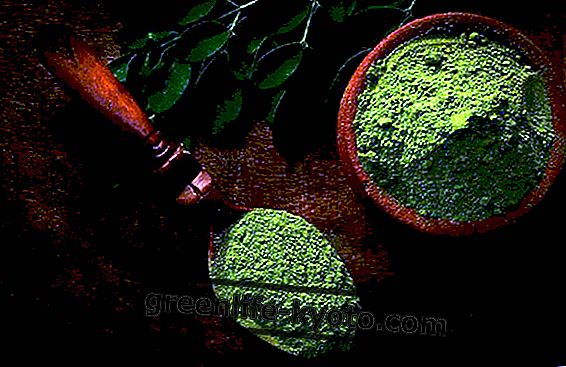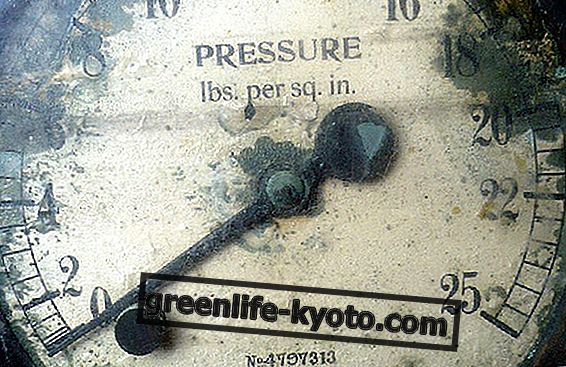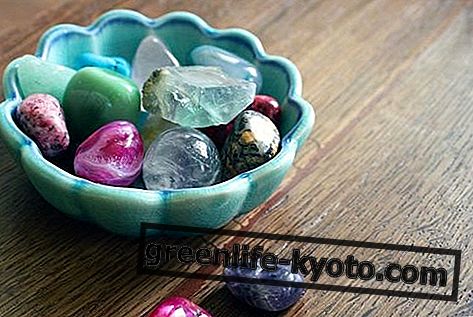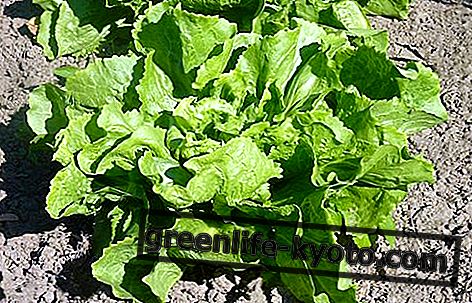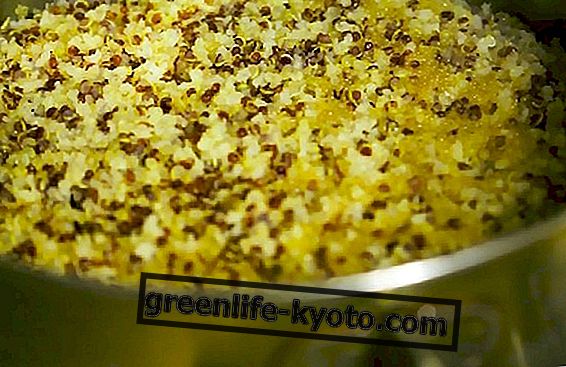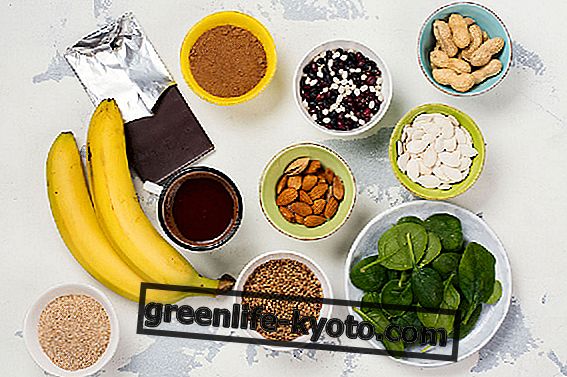The intestine is the last portion of the digestive system and is also referred to as the second brain, thanks to the presence of a real nervous system present in the thickness of its wall.
It may be affected by various disorders, related to stress or incorrect eating habits, which can be treated with natural remedies . Let's find out better.
>
>
>
>
>
>

Anatomical description of the intestine
The intestine releases serotonin, acts as a conductor; does it remind you of the brain? Yes, it is no coincidence that it is also called "second brain" . The quantity of messages that the abdominal brain sends to the central one is equal to 90% of the total exchange; these are unconscious messages, which then reach us clearly only when they become warning signs and trigger discomfort reactions.
«For a long time the intestine has been considered a peripheral structure, in charge of performing marginal functions. But the discovery of activities that involve coordination at an emotional and immunological level has revolutionized this thought - explained Umberto Solimene of the University of Milan, director of the WHO collaborating center for traditional medicine - In the belly we find autonomous neuronal tissue ».
The intestine is covered by a friendly bacterial flora formed by more than 400 different bacterial species and possesses, in the thickness of its wall, a real nervous system ( enteric nervous system) consisting of more than 100 million neurons (the intestine has more neurons than the spinal cord!).
Treatments and natural therapies for the intestine
Stress or extravagance at the table can put a strain on the gut and modify its bacterial flora. Hippocrates, the father of medicine, affirmed that the intestine is the organ on which the health of the body depends, so treating it means taking care of one's own well-being, caring for oneself.
In detail, irritable bowel syndrome indicates a disorder that is often accompanied by lower abdominal pain and defecation changes. Those who suffer from irritable bowel may experience diarrhea or constipation or both alternately.
The disease is defined as functional because it refers to an incorrect functioning of the organ. Indicated with the acronym IBS (from the English, Irritable Bowel Syndrome ), it is frequent in women from 20 to 40 years and is due to a combination of factors: eating habits, sedentary lifestyle, genetic predisposition, emotionality.
It is better to avoid alcoholic beverages, preserved meats, fast-food products , bran , and butter-based products. In the acute phase, cold cuts, aged cheeses, eggs and non-organic dairy products should be avoided.
In these cases lactic ferments can help a lot to restore the natural defenses. They are very indicated in cases of colitis, food intolerances, immunodeficiency conditions, hypercholesterolemia, internal inflammatory situations.
In hypersensitive or too emotional subjects thoughts and feelings often fall into the intestinal villi. There are special bach flowers for hypersensitivity, which help to manage emotions and external influences without putting too much on the internal organs, in particular on the second brain, the intestine.
The best diet for purification and well-being of the intestine is a balanced vegetarian diet, that is conducted with great awareness about all aspects of adequate nutritional intake. Very useful is to integrate into the diet the daikon root that helps purify the body and drink specific teas for the purification of the intestine or that help to burn the colon.
Even almond oil, used very pure as a condiment, is able to soothe stomach irritations and inflammation of the intestine.
Discover probiotics, allied bacteria of the intestine

Yoga
There are yoga techniques that regularize the functions of the intestine; in reality often moving is a considerable internal hygiene, but, we always remember, the intestines must already be emptied out when we start to practice.
In the universe of yoga there are both Shank Prakshalana and the washing of the colon, often confused but quite distinct techniques. The first practice is an intestinal wash that takes place using a salted drink .
On an empty stomach 4 liters of water are ingested with about 1% sodium chloride and this percentage gives the drink an osmolarity that is not absorbed in the intestine, rather it draws liquids, causing slight dehydration (for this we recommend not to accuse never to these practices alone, but followed by a teacher or nutritionist).
The procedure takes 2-3 hours, the time required to run the solution along the digestive tract, which is disinfected properly.
Also try these two asanas to relieve bowel disorders
Traditional Chinese Medicine
In traditional Chinese medicine, the intestine responds to two elements: the fire (small intestine) and metal (large intestine).
For traditional Chinese medicine, irritable bowel disorder is due to an energy imbalance that affects the Spleen, Stomach, Kidney, Liver or may depend on food contamination, or from external agents such as Cold-Humid, Humidity-Heat.
In these cases the points to be treated are:
- TIAN SHU (2 cun to the side of the navel), regulates the circulation of energy in the Intestines;
- ZU SAN LI (under the lower edge of the patella, to the side of the anterior tibial crest), tones Spleen and Stomach;
- IN TING (0.5 cun behind the edge of the interdigital membrane, between the II and III toes), it regulates the cardial qi, blocks pain.
Other natural bowel care
In plantar reflexology the intestine is located on both feet, it is massaged with a straight and snap movement of the thumb. Reflexology can be very useful in cases of both constipation and diarrhea.
Even aromatherapy can help a lot: juniper essential oil acts as a tonic for visceral functions, nervous system, digestive system and general excitement of secretions, purifying and diuretic, promotes the excretion of uric acid and toxins.
Even the essential peppermint oil has a beneficial effect on the function of the intestine.
Moving around helps a lot to manage the anxiety that is released on the intestine. A good exercise is to try to slip anxiety on yourself, not to give in to a sedentary lifestyle and not even at too fast pace that negatively affect the digestive tract, a system that is precisely "digesting" and "assimilating" not only food but also emotions.
Among the herbal remedies, there are medicinal mushrooms, suitable for the treatment of gastro-enteric disorders, such as irritable bowel, thanks to the anti-inflammatory effects and to the regenerative properties of the intestinal mucosa and healing.
During pregnancy there are various natural remedies for treating intestinal disorders that can occur, such as nausea, vomiting, constipation and hemorrhoids.
Discover all the homeopathic remedies for the intestine
Curiosity about the intestine
If we unroll and unfold the villi and intestinal microvilli, this organ would occupy a surface of 300 square meters equal to two tennis courts put together! Would you ever have said that? Take care of your "fields of gold", as Sting would say.
